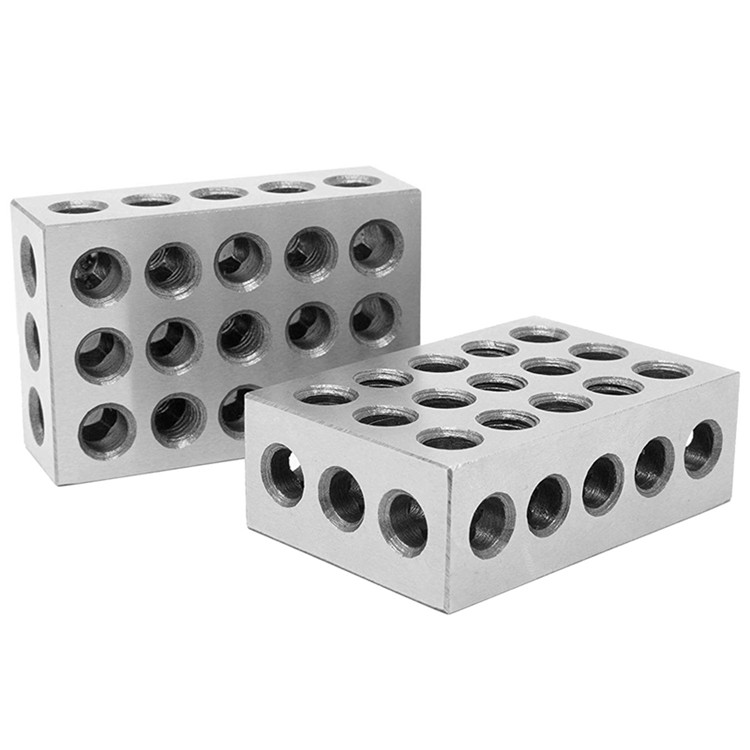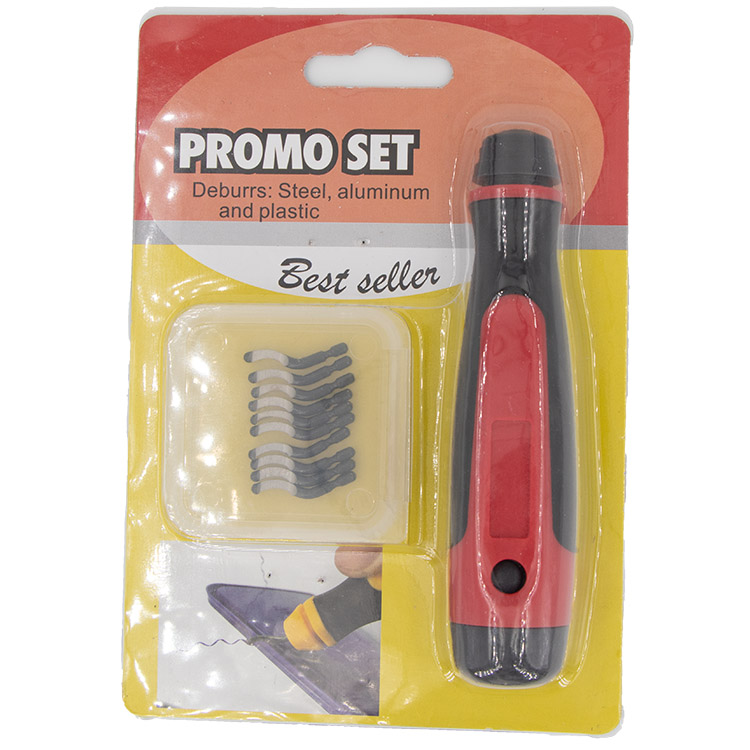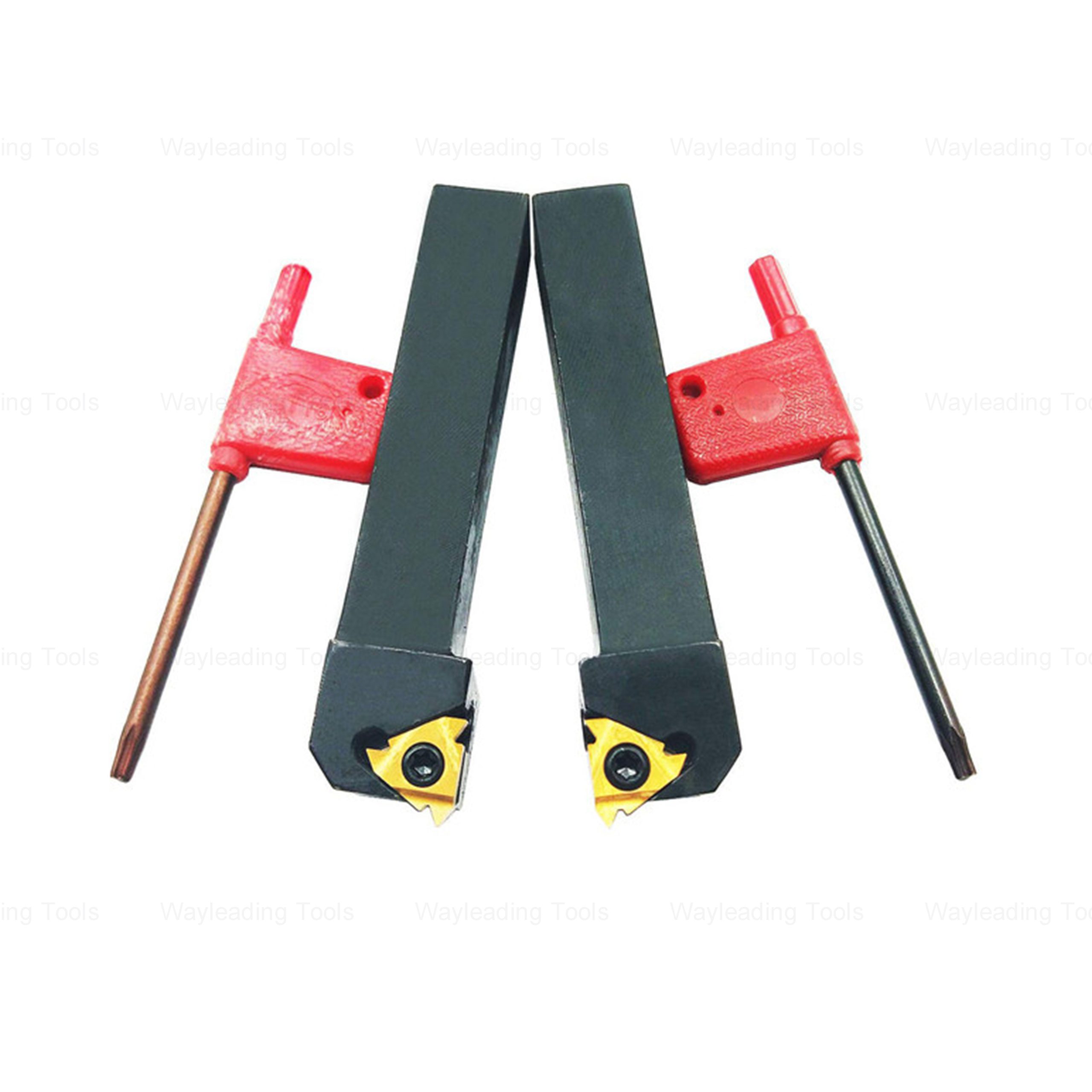Wholesale 5c collet block
A wholesale 5C collet block is a versatile tool holding fixture used in machining for securely holding round or hexagonal workpieces. Its precision design allows for accurate and repeatable machining operations, making it an essential component for milling, drilling, tapping, and other applications. This guide explores the key features, applications, and considerations for selecting the right 5C collet block for your needs.
Understanding 5C Collet Blocks
What is a 5C Collet?
Before diving into 5C collet blocks, let's define what a 5C collet is. A 5C collet is a specific type of spring collet, a subtype of chuck, with a standardized external taper (usually 8 degrees) designed to hold round or hexagonal stock in lathes, mills, and other machine tools. The '5C' designation refers to the standardized dimensions and taper angle, ensuring interchangeability across different manufacturers.
Key Features of a 5C Collet Block
A 5C collet block is essentially a fixture that holds a 5C collet. It's typically made of hardened and ground steel for rigidity and accuracy. Here are the key features:
- Material: Usually hardened and ground steel (e.g., tool steel) for durability and precision.
- Collet Capacity: Accepts standard 5C collets, allowing for a wide range of workpiece diameters (typically from 1/16' to 1-1/8').
- Accuracy: Precision-ground surfaces ensure accurate and repeatable positioning.
- Mounting Options: Available in various mounting configurations, including vertical, horizontal, and tilting, to suit different machining setups.
- Clamping Mechanism: Uses a lever or screw mechanism to tighten the collet and secure the workpiece.
Applications of 5C Collet Blocks
5C collet blocks are incredibly versatile and find applications in various machining processes, including:
- Milling: Holding round or hexagonal stock for milling flats, slots, or other features.
- Drilling: Precisely positioning workpieces for drilling accurate holes.
- Tapping: Providing a secure hold for tapping threads.
- Grinding: Accurately holding parts for grinding operations.
- Inspection: Holding parts for precision measurement and inspection.
Types of 5C Collet Blocks
Different types of 5C collet blocks are available to cater to specific needs. Here's a brief overview:
- Square Collet Blocks: The most common type, offering a simple and robust design for general-purpose machining.
- Hex Collet Blocks: Designed for holding hexagonal stock.
- Tilting Collet Blocks: Allow for angular adjustments, enabling machining at different angles.
- Sine Collet Blocks: Provide precise angular positioning using sine bars or gage blocks.
Choosing the Right Wholesale 5C Collet Block
Selecting the appropriate wholesale 5C collet block depends on your specific application and requirements. Consider the following factors:
- Accuracy: Determine the required level of accuracy for your machining operations. Look for blocks with precision-ground surfaces and tight tolerances.
- Mounting Options: Choose a block with a mounting configuration that suits your machine and setup.
- Clamping Force: Ensure the block provides sufficient clamping force to securely hold the workpiece without damaging it.
- Material: Opt for blocks made from hardened and ground tool steel for durability and long-lasting performance.
- Brand Reputation: Consider reputable manufacturers like Wayleading Tools known for quality and precision. Wayleading Tools offers a variety of wholesale 5C collet blocks to meet diverse machining needs.
- Cost: Balance your budget with the required features and quality.
Maintenance and Care
Proper maintenance is crucial for ensuring the longevity and accuracy of your 5C collet block. Follow these guidelines:
- Cleaning: Regularly clean the block and collets to remove chips, debris, and coolant.
- Lubrication: Apply a light coat of oil to prevent rust and corrosion.
- Storage: Store the block in a clean, dry place when not in use.
- Inspection: Periodically inspect the block for wear and damage. Replace worn or damaged components as needed.
Benefits of Buying Wholesale 5C Collet Blocks
Purchasing wholesale 5C collet blocks offers several advantages, especially for businesses with high production volumes:
- Cost Savings: Bulk purchases typically result in significant cost savings per unit.
- Inventory Management: Having a sufficient supply of 5C collet blocks ensures uninterrupted production.
- Standardization: Using the same type of blocks throughout your shop promotes consistency and reduces the risk of errors.
Troubleshooting Common Issues
Even with proper care, you may encounter some issues with your 5C collet block. Here are some common problems and their solutions:
- Workpiece Slippage: Ensure the collet is properly tightened and the workpiece is clean and free of debris. Check for wear on the collet and replace it if necessary.
- Poor Accuracy: Check the block for damage or misalignment. Ensure the block is properly mounted on the machine. Inspect the collet for runout.
- Difficult Clamping: Lubricate the clamping mechanism. Check for damage to the threads or lever.
Conclusion
A wholesale 5C collet block is an indispensable tool for precision machining. By understanding its features, applications, and maintenance requirements, you can choose the right block for your needs and ensure accurate and efficient machining operations. Consider exploring the options available at Wayleading Tools for reliable and high-quality 5C collet blocks. Don't hesitate to contact their team for expert advice and assistance in selecting the best products for your specific application.
FAQ
What sizes of 5C collets are available?
5C collets are commonly available in sizes ranging from 1/16' to 1-1/8' in diameter, in increments of 1/64'. Metric sizes are also available.
Can a 5C collet block be used on a CNC machine?
Yes, 5C collet blocks are commonly used on CNC mills and lathes. Ensure the block is securely mounted and compatible with the machine's tooling system.
What is the difference between a 5C collet and an ER collet?
5C collets have a straight shank and are tightened with a drawbar, while ER collets have a tapered shank and are tightened with a collet nut. ER collets generally offer a wider clamping range than 5C collets.
Related products
Related products
Best selling products
Best selling products-
 Precision 1-2-3, 2-3-4 or 2-4-6 Block With 1 And 11 And 23 Or None Hole
Precision 1-2-3, 2-3-4 or 2-4-6 Block With 1 And 11 And 23 Or None Hole -
 Precision 2pcs Angle Blocks Set With High Quality Type
Precision 2pcs Angle Blocks Set With High Quality Type -
 MT-APU Drill Chuck Holder With Keyless Type
MT-APU Drill Chuck Holder With Keyless Type -
 Type B Light Duty Deburring Tool Set With Deburring Holder And Deburring Blade
Type B Light Duty Deburring Tool Set With Deburring Holder And Deburring Blade -
 Indexable External Threading Tool Holder – SER / SEL, Metric & Inch
Indexable External Threading Tool Holder – SER / SEL, Metric & Inch -
 Precision Monoblock Vernier Caliper With Nib Style Jaws Of Metric & Imperial For Industrial
Precision Monoblock Vernier Caliper With Nib Style Jaws Of Metric & Imperial For Industrial -
 Type B Cylinder Tungsten Carbide Rotary Burr
Type B Cylinder Tungsten Carbide Rotary Burr -
 HSS Metric & Inch Woodruff Keyseat Cutter With Straight Or staggered Teeth
HSS Metric & Inch Woodruff Keyseat Cutter With Straight Or staggered Teeth -
 Precision Digital Bore Guage From 6-450mm Range
Precision Digital Bore Guage From 6-450mm Range -
 Carbide Tipped Hole Cutter For Cutting Stainless Steel And Iron Or Steel Plate
Carbide Tipped Hole Cutter For Cutting Stainless Steel And Iron Or Steel Plate -
 Precision Vernier Caliper With Nib Style Jaws Of Metric & Imperial For Industrial
Precision Vernier Caliper With Nib Style Jaws Of Metric & Imperial For Industrial -
 F1 Precision Boring Head With Metric & Inch
F1 Precision Boring Head With Metric & Inch









